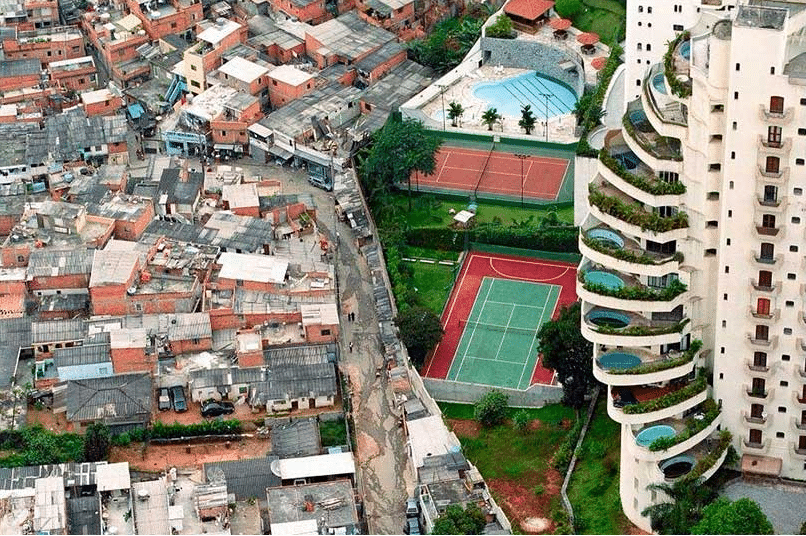-
Phone Number
-
Email Address
Cities have become a focus of interest for the analysis of urban and public policies . With an unstoppable upward trend of concentration of people who live in urban contexts, cities are today scene of an exciting change of era that affects the social, political, economic and technological spheres.
The understanding of its structure and the different opportunities not only from an urban perspective, but also from other spheres such as politics, will let us know about his weaknesses and opportunities for improvement.
From the Autonomous University of Barcelona , for the next month, launches a free course in format MOOC (Taught in Spanish) with the title « Cities in crisis and new policies urban «.
In training they reveal unknowns to us such as… What are the factors of urban vulnerability and what responses are being articulated in the form of policies urban? How does innovation arise in the city, both from the base as from public entities? What effects has it had? the irruption of the digital age in the city? between other issues of interest.
Content menu:
The course is aimed at all those interested in the cities and public affairs, as well as those who want become influential participants in the process of configuration of urban policies.
Also for all those students who want to study university or postgraduate studies in urban planning, urban geography , public management, public administration or policy analysis urban .
The course is structured in 4 weeks with agenda specific for each week, to 6 teaching hours per week, with different graded tasks if you want to pass the myself.
Introduction where the concept of what are urban policies composed of ten videos.
The city is today the area in which the big problems global come true. In this first week we talk about what are (and are not) urban policies, from the concept of urban public space and the growing and increasingly complex rivalry for this scarce resource.
The relevant actors in urban governance and, Finally, of the two great values with which one can judging urban policies: access and diversity.

It delves into the study of vulnerabilities urban areas and what are their social consequences on the cities (See article of interest on resilience in the cities) Participation, exchange, the possible concentration of knowledge, innovation, how wealth is generated, and at the same time the inequality and social exclusion.
We also study with special attention the impact of the recent crisis in neighborhoods, and how cities have displayed varying degrees of adaptability and resistance or how you are responding to these vulnerabilities from the traditional logics of the state of well-being.
This week is about social innovation and urban policies , how cities have responded to these changes with urban innovation practices, including experiences from logic and community base.
Investigation into… What role does participation play? citizen in the generation of innovations? how is it distributed innovation between the neighborhoods of a city? What role does he play? leadership in the generation of innovations? what happens when Bottom-up initiatives come together in the same area with others from top to bottom?
This last week we study the digital era in the city and how it is affecting them. Will be discussed of the implications of technological change and its consequences in urban life.

There is also a critical analysis of the concept of Smart City and how it affects the social and economic aspects o What are the opportunities of the collaborative economy from a digital perspective.
Access to register from HERE . HE taught through the Coursea platform. Remember that the MOOC (Massive Open On-line Course) courses are fully free, yes, if you want to have an Official Certificate - for Of course you have to pass the course – a fee must be paid quantity which depends on each platform, usually varies between €30 and €60.